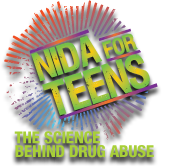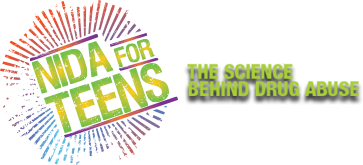
Why?
That was my question. Why do people do the things they do. I used to just love to sit and watch people. I could sit at the park or in the mall for hours and just “people watch.” I think that's why when I got to college I eventually became a psychology major. I wanted to understand more about why people behave in certain ways and what makes people choose to do different things.
One thing fascinated me in particular was why do some people smoke? My parents smoked when I was growing up. I remember my dad decided to quit and he seemed to do it so easily but when my mom tried, it was so hard for her. She seemed to try everything to quit, and then her mood would get so bad that soon she was buying another pack. Eventually though she did quit...I don't know what finally did it—back then we didn't have the patch or gum and there were no medications. No one talked about smoking being an addiction, it was just a habit, and people thought you only needed willpower to be able to quit. Imagine how hard it must have been for my mom to see my dad being able to quit so easily and her having to struggle so hard.
Smoking affects people very differently. When I was about 18, I had some very cool friends who smoked and so I wanted to smoke too. So I tried it but, lucky for me, I hated it. That was my first lesson in genetics. My second was when I took a class in behavioral genetics, and suddenly all my life experiences started to click, to make sense. My mother struggled to quit because she had a genetic tendency for addiction, not just smoking but also for alcohol, which eventually took her life. I was lucky I had many of my dad’s protective genes so substances of abuse were never tempting to me.
It was these life experiences that drew me to the field of genetics, to better understand why some people struggle so mightily with addiction like my mother. We don't have all the answers even today, but many scientists are working on this puzzle to help find better treatments so people can overcome their addictions and reclaim their lives. Think about becoming a scientist to help solve this puzzle and make life better for so many! It’s a great field and very rewarding, too.
Dr. Miner is the Deputy Director of the Office of Science Policy and Communications (OSPC) at NIDA. She helps coordinate all of NIDA’s communications to Congress, constituent groups, and the media. She also oversees NIDA’s plans for the research it will support. Cindy earned her Ph.D. in psychology from the University of Colorado in 1986. She’s published numerous papers and book chapters on the genetic and biochemical bases of addiction. Oh—she’s also a wonderful person, an Emmy award winner (as part of NIDA’s work on the HBO special, “Addiction”), and a super athlete! So being a successful “science nerd” is just one of her many talents
* Dr. Miner will soon leave her position at NIDA to start an exciting new job with the Food and Drug Administration’s new Center for Tobacco Products, helping to start up their Communications and Policy offices. SBB wishes her the best!





Comments
Big fan of you Dr.Cindy Miner
signature
Mohamed Rabiea
[commercial link removed, per guidelines]
The mother of one of my childhood friends struggled with smoking all her life. No matter how many times she tried to quit, she never could. When she eventually died of lung cancer, it was horrible, because she'd tried and failed to quit before that. Thanks for an insightful post about why these things happen.
Stop smoking because it is not good to ones health.
Nice blog you have! keep up the good work =)
[commercial link removed, per guidelines]
Add new comment